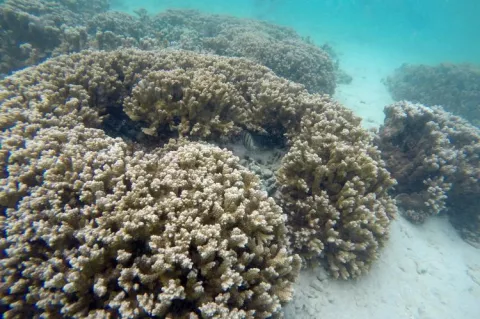Scientists discover fossilized remains of new ancient shark species
Palaeohypotodus, pronounced pale-ee-oh-hype-oh-toe-duss, translates to "ancient small-eared tooth," a reference to the shark's distinctive small needle-like fangs found on the sides of its teeth. Spearheaded by Jun Ebersole, Director of Collections at McWane Science Center in Birmingham, alongside David Cicimurri, Curator of Natural History at South Carolina State Museum, and T. Lynn Harrell, Jr., Paleontologist and Fossil Collections Curator at the Geological Survey of Alabama in Tuscaloosa, the team named the new species in honour of the late Dr.















